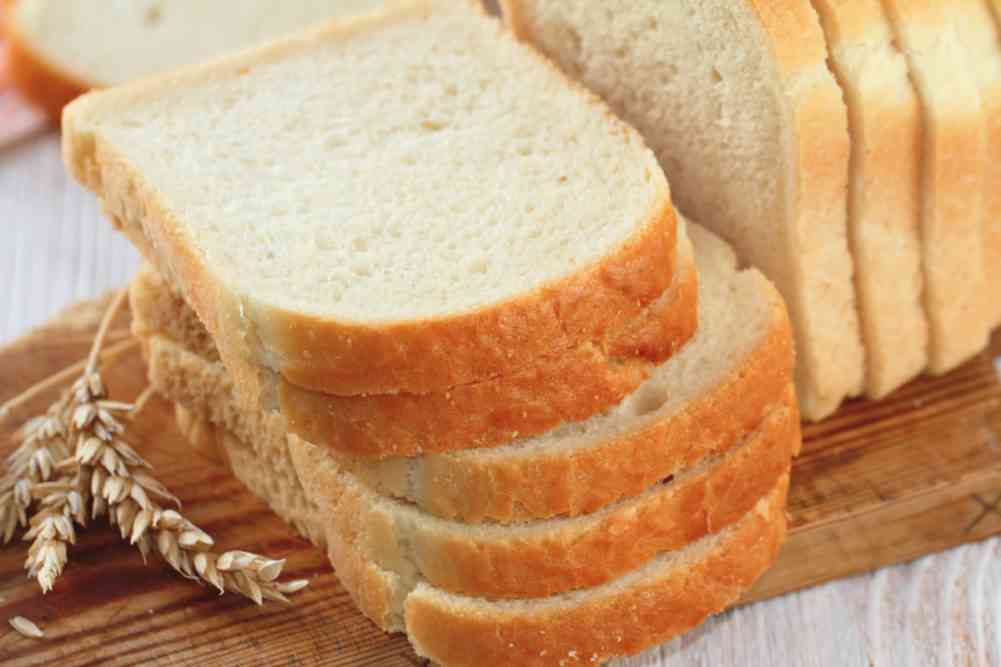
The price of a standard loaf of bread is now pegged at $1.20, a 20% increase from last month as new taxes introduced by Finance minister Mthuli Ncube in the 2024 budget begin to bite.
Ncube has already been forced to revise some of the measures in his $58,2 trillion budget that saw the introduction of a raft of new taxes.
A survey by The Standard at some major supermarkets in Harare showed that bread now costs between $10 000 and $11 000.
Confederation of Zimbabwe Retailers president Denford Mutashu attributed the increases to movements in the exchange rate.
“The increase is at the supply side that has captured the movement of the exchange rate both on the official and unofficial markets,” Mutashu said.
At tuckshops in Harare’s Arcadia suburb bread is being sold for US$1.20 while some traders in high density suburbs are charging US$1.10 for a loaf of bread.
Grain Millers Association of Zimbabwe (GMAZ) president Tafadzwa Musarara said the price of wheat has not been increased.
“We have not increased the price of wheat,” Musarara said. “You will have to talk to the National Bakers' Association of Zimbabwe (NBAZ) to understand why the price of bread has gone up.”
- Zimbabwe millers seek to fend off grain crisis
- A Harare woman charged with illegal possession of crocodile skins
- Maize shortage a result of politicisation of inputs
- Zim to get Malawi maize this monthend
Keep Reading
NBAZ president Lucky Zinyama said the prices increases were linked to new tax measures.
“Previously, when bread was zero-rated as a taxable supply, bread manufacturers could claim, from the Zimbabwe Revenue Authority, input tax charged on production and distribution costs,” Zinyama said.
“Bread manufacturers were, therefore, not factoring these costs into the pricing of bread.
“In the new Finance Act, bread has been changed to an exempt supply status, implying that input tax is no longer claimable.
“Consequently, manufacturers are compelled to incorporate the tax portion into the cost of production and distribution.”










